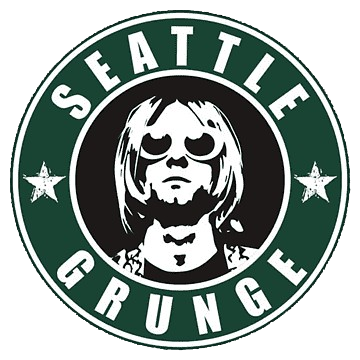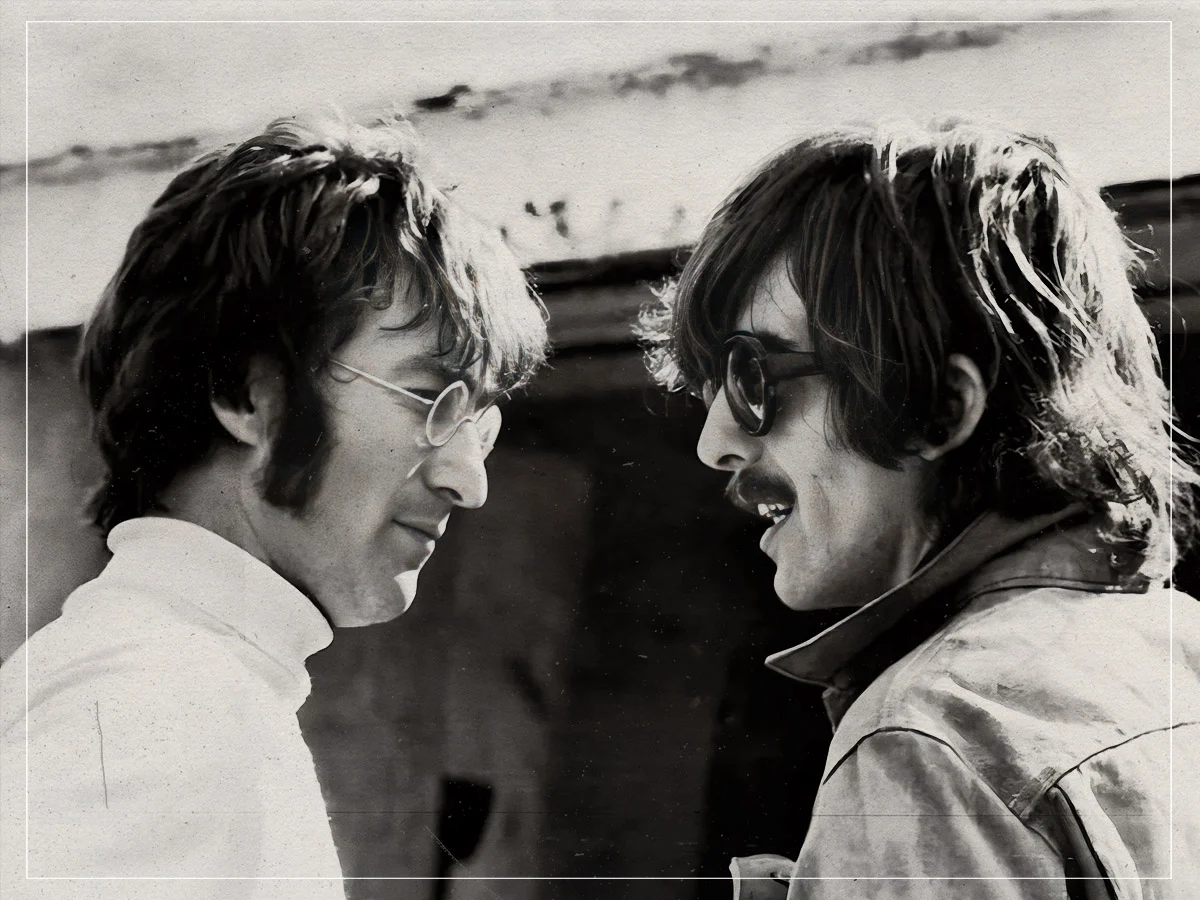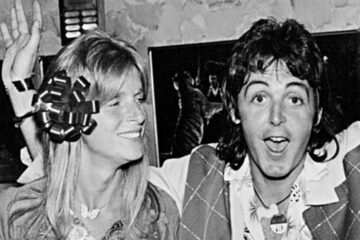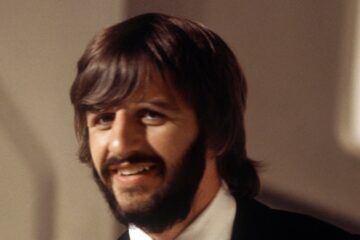It’s impossible to overlook the profound impact The Beatles had on the world, from their iconic hairstyles to their bold approach to songwriting. Among the many areas they transformed, perhaps none was more significant than the guitar. While contemporaries like Jimi Hendrix and Jimmy Page might be remembered as more technically gifted players, John Lennon, Paul McCartney, and George Harrison were not only exceptional songwriters but also talented and innovative guitarists in their own right. Their creativity and skill helped redefine what could be achieved with the instrument.
It speaks volumes about the groundbreaking influence of The Beatles that almost every guitarist on the planet knows at least one of their songs—or at least a riff or chord progression from them. While young, aspiring guitarists often focus on emulating the technical prowess of their idols; it’s telling that The Beatles become an unavoidable part of their learning journey, whether they consciously seek it out or not. Their timeless appeal and innovative approach to the six-string have left an indelible mark on musicians of all levels.
After all, the quartet mastered everything. Whether that be complex chord progressions that their famous vocal melodies are heavily weighted on, fingerpicking – as typified by ‘Blackbird’ – which everyone learns on their journey to being able to complete the more heightened complexity of ‘Stairway to Heaven’, or the many classic riffs or solos they crafted, it really is remarkable that The Beatles covered so many bases in their relatively short time in the sun.
Not only that but as they changed rock and popular music songwriting, their songs formed the basis of everything that came after, meaning that it makes sense that would-be guitar heroes are taught their work as it fills in gaps and teaches lessons that are vital for moving forward. Put it this way: no Beatles means no Black Sabbath and certainly no Eddie Van Halen. There’s a lineage, and it cannot disregarded. I was taught ‘Blackbird’ when I was 12 – I’m 27 now and still remember it perfectly, even if it is not my favourite cut by the group by any stretch.
This ubiquity in rock guitar playing might also be a reason why many of my generation and younger are now turning their backs on The Beatles. After all, we’re a primarily autodidactic set who learned the songs we wanted to on YouTube after a handful of proper lessons and hated being force-fed classic rock, which feels increasingly outdated, however foundational it actually is.
George Harrison – The Beatles – 1966
George Harrison. (Credits: Far Out / Alamy)
It can be easy to dismiss just how important The Beatles were for guitar playing, but there are many examples of their brilliance, ranging from ‘And Your Bird Can Sing’, a proto-alt-rock classic, to ‘Helter Skelter’, and even ‘Yesterday’.
Another standout track is ‘Something’ from 1969’s Abbey Road, which features one of The Beatles’ most iconic chord progressions, crafted by George Harrison. While often labelled a love song—a designation Harrison himself frequently questioned—the track was much more than that. It marked a turning point, signalling the musical direction Harrison would explore as a solo artist. More importantly, the song employed a chord progression that, though somewhat clichéd, became a timeless template, inspiring countless artists across a variety of genres.
So, what is the chord progression of ‘Something’?
The most famous section of ‘Something’ is the verse, which enters after the iconic introduction featuring the sliding riff. It is comprised of the progression, C Cmaj7 C7 F, where it moves a semitone down with the top note of each chord. This happens as Harrison sings: “Something in the way she moves / Attracts me like no other lover / Something in the way she woos me / I don’t want to leave her now”.
Then, as it moves to “You know I believe and how”, it moves to an A minor chord to an Ammaj7 before returning to the main verse progression. The track also features one of the band’s most famous key changes, with it staying in the key of C major until the eight-measure long bridge switches to the key of A major: “You’re asking me will my love grow / I don’t know, I don’t know…”
A US number one and peaking at number four in the UK, the song was a global hit and made a tremendous impact on music. Confirming Harrison’s brilliance as a songwriter, its simple but effective chord progression can be heard in different keys in other famous songs, including Burt Bacharach’s ‘Raindrops Keep Fallin’ On My Head’, Coldplay’s ‘Everything’s Not Lost’, Diana Ross’ ‘Remember Me’, and ‘Kiss Me’ by Sixpence None the Richer. Even Harrison himself would revisit it in ‘Give Me Love’.




